

 9
9




Blog: 5 Acres & A Dream
Books: Kikobian Books | Permies Digital Market
 8
8




 8
8




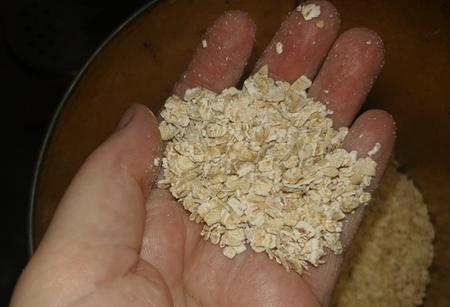
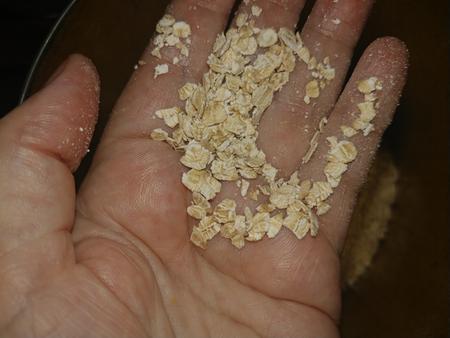
How permies.com works
What is a Mother Tree ?

 7
7
















 9
9




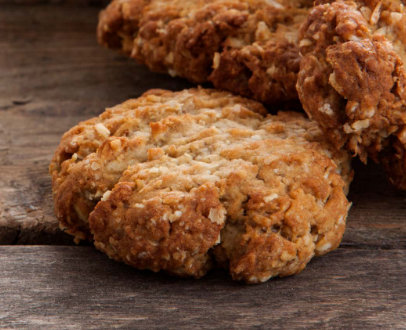
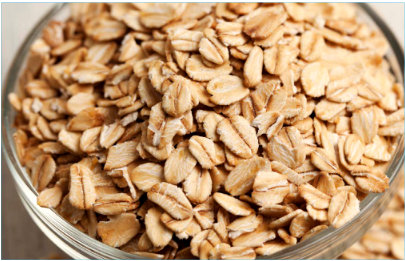
Blog: 5 Acres & A Dream
Books: Kikobian Books | Permies Digital Market
 7
7




Leigh Tate wrote:On closer inspection, I see the recipe actually calls for "Scottish porridge oats." Maybe there are different kinds of porridge oats?
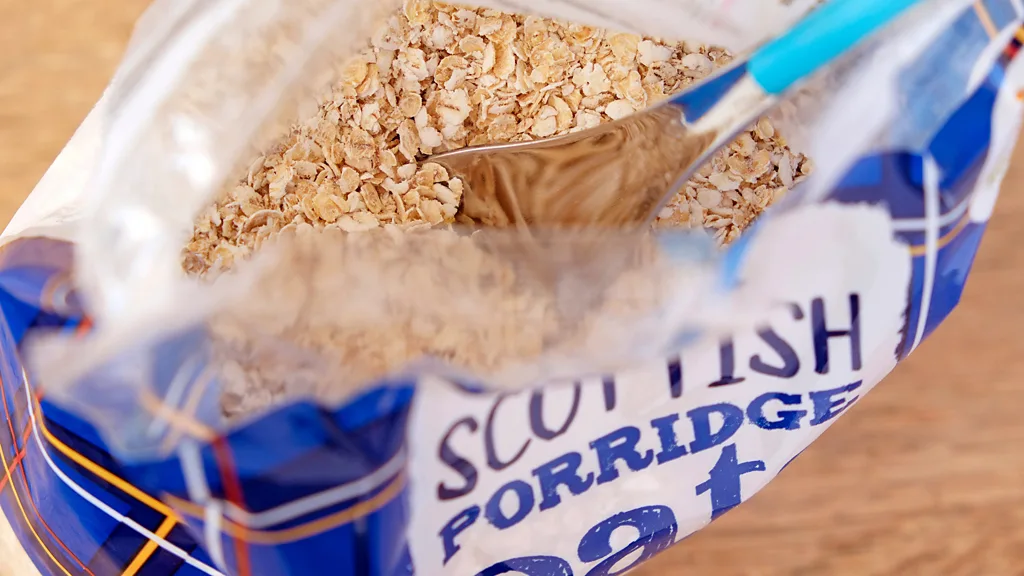
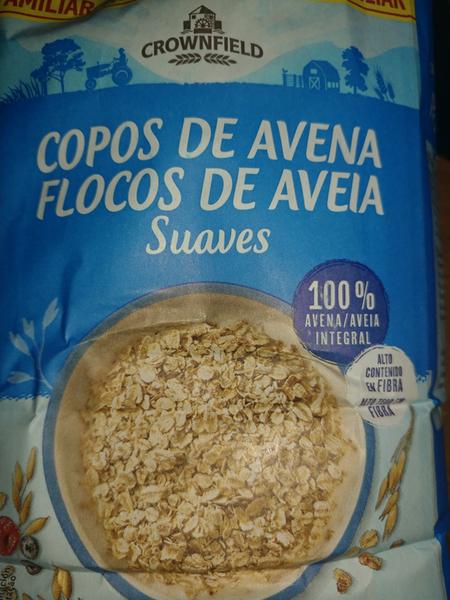
How permies.com works
What is a Mother Tree ?
 8
8
















 7
7




Blog: 5 Acres & A Dream
Books: Kikobian Books | Permies Digital Market
 6
6




“The most important decision we make is whether we believe we live in a friendly or hostile universe.”― Albert Einstein
 8
8
















 7
7




Tereza Okava wrote:well this thread certainly explains why my scottish oatcakes last week came out more rustic than I would have liked (there was no using a biscuit cutter, i could barely get them from the table to the pan for baking).
Since we can also get oat flour I'm really not sure what people use it for. Maybe baby food?
Blog: 5 Acres & A Dream
Books: Kikobian Books | Permies Digital Market












 6
6




John Weiland wrote: many/most 'rolled oat' categories are often steamed, then re-dried before packaging for sale in order to improve certain quality aspects of the product.
Blog: 5 Acres & A Dream
Books: Kikobian Books | Permies Digital Market
 7
7




“The most important decision we make is whether we believe we live in a friendly or hostile universe.”― Albert Einstein












 8
8




John Weiland wrote:Maybe I missed it in the thread, but are these cakes or biscuits to be considered near equivalents to the 'oatmeal cookie' of North America?
Blog: 5 Acres & A Dream
Books: Kikobian Books | Permies Digital Market
 10
10
















 8
8




Tereza Okava wrote:not a cookie type, more like a cracker and a US biscuit had an oaty baby
.jpg)
How Permies works: https://permies.com/wiki/34193/permies-works-links-threads
My projects on Skye: The tree field, Growing and landracing, perennial polycultures, "Don't dream it - be it! "
 8
8




 8
8




Leigh Tate wrote:
They look similar to a US oatmeal cookie. I like the idea of adding coconut, what kind do you use? I can get shredded flaked, or flour. We don't have golden syrup though, what is it made from? I notice you cut the sugar, I do the same for all my sweet recipes!
 6
6




I'm only 65! That's not to old to learn to be a permie, right?












 6
6




Jane Mulberry wrote:If these are meant to be authentic oatcakes, it would be oatmeal that was used, not porridge oats or rolled oats.
proper oatcakes aren't anything like cookies or biscuits. . . flat, more like a crispbread or a large round cracker, but harder. . . The north of Scotland wasn't suitable for growing wheat, so the oatcake was used as a bread equivalent.
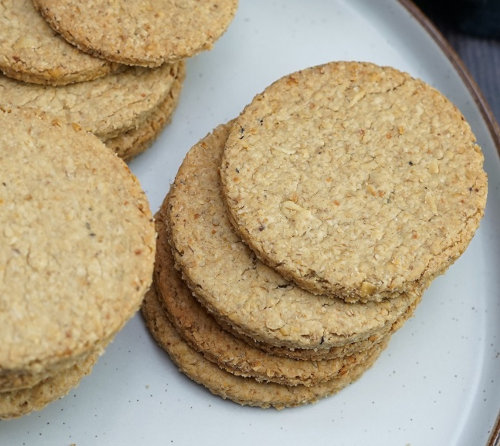
Blog: 5 Acres & A Dream
Books: Kikobian Books | Permies Digital Market
 9
9




I'm only 65! That's not to old to learn to be a permie, right?
 11
11




thank you so much for sharing this!! I was also thinking about the likelihood of honey or fat or milk in the cakes, but much more importantly this was a great read to start my morning. in what feels like several lifetimes ago, i wrote a thesis on this period and while i can still prattle for hours about literacy, handwriting and pottery in anglo-saxon england, i was not interested in food back then and missed the daily-life part entirely. how interesting to see it from another angle. Now I'll be combing through that entire blog tonight!!!Jane Mulberry wrote:
The old lady's "cakes" King Alfred burned are far more likely to have been a type of unleavened flatbread, probably a mix of pea flour and rough milled oats or barley. This is an interesting article on what anglo-saxons might have really eaten and how they cooked them: https://earlybread.wordpress.com/2017/05/13/how-to-make-everyday-anglo-saxon-bread-version-2-hearthcakes-or-kichells/
 6
6




I'm only 65! That's not to old to learn to be a permie, right?












 11
11




Blog: 5 Acres & A Dream
Books: Kikobian Books | Permies Digital Market
 8
8




I'm only 65! That's not to old to learn to be a permie, right?





 11
11




Rolled oats are a type of lightly processed whole-grain food. They are made from oat groats that have been dehusked and steamed, before being rolled into flat flakes under heavy rollers and then stabilized by being lightly toasted. Thick-rolled oats, or old-fashioned oats, usually remain unbroken during processing. Rolled whole oats, without further processing, can be cooked into a porridge and eaten as oatmeal; when the oats are rolled thinner and steam-cooked more in the factory, these thin-rolled oats often become fragmented but they will later absorb water much more easily and cook faster into a porridge; when processed this way are sometimes marketed as "quick" or "instant" oats.
Works at a residential alternative high school in the Himalayas SECMOL.org . "Back home" is Cape Cod, E Coast USA.
 4
4





|
Look! I laid an egg! Why does it smell like that? Tiny ad, does this smell weird to you?
permaculture bootcamp - gardening gardeners; grow the food you eat and build your own home
https://permies.com/wiki/bootcamp
|



